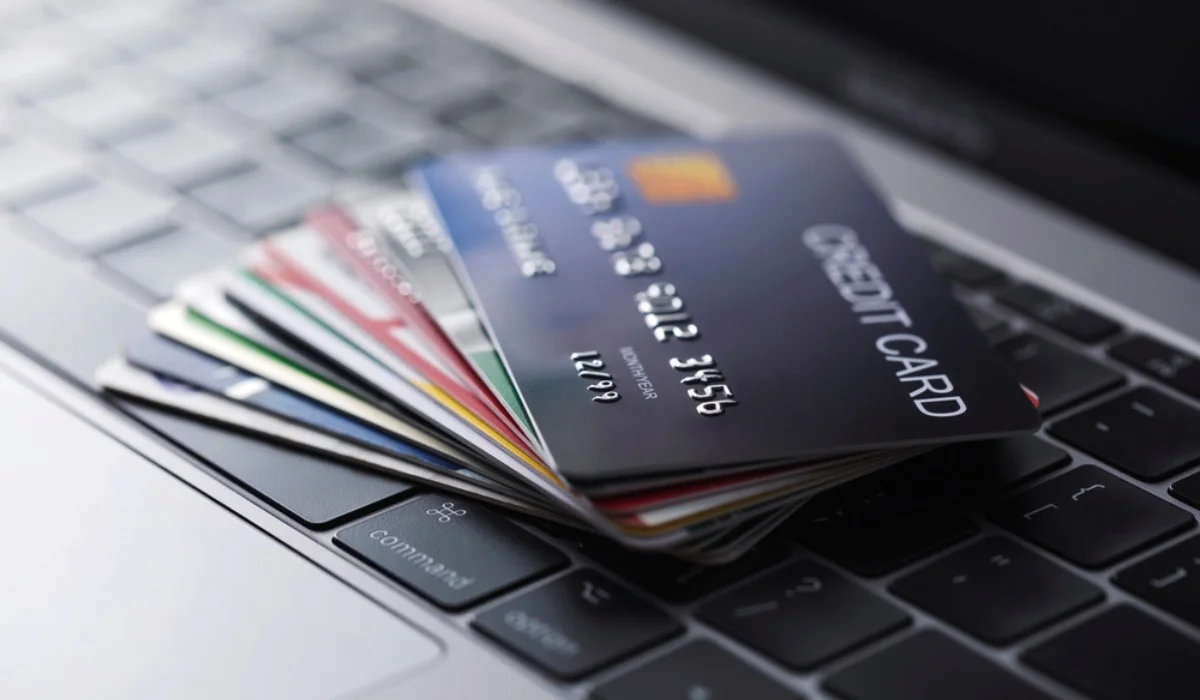While credit cards offer convenience and rewards, they can also lead to debt if not managed responsibly. High-interest rates and minimum payments can quickly spiral out of control, leaving individuals struggling to keep up with their financial obligations. In this guide, we’ll explore effective strategies for managing credit card debt and achieving financial freedom.
Assess Your Debt Situation:
The first step in managing credit card debt is to assess your current financial situation. Gather all your credit card statements and determine the total amount of debt owed, including the outstanding balances, interest rates, and minimum payments for each card.
Create a Budget:
Developing a budget is essential for gaining control over your finances and paying down debt. Track your income and expenses to identify areas where you can cut back on spending and allocate more money towards debt repayment.
Prioritize Repayment:
Once you have a clear understanding of your debt and budget, prioritize repayment by focusing on high-interest debt first. Consider using the avalanche or snowball method:
- Avalanche Method: Pay off debts with the highest interest rates first while making minimum payments on other debts.
- Snowball Method: Start by paying off the smallest debt first, then use the freed-up money to tackle the next smallest debt, and so on.
Choose the method that best suits your financial situation and motivates you to stay on track.
Negotiate with Creditors:
Reach out to your credit card issuers to explore options for lowering your interest rates or negotiating a repayment plan. Many creditors are willing to work with customers facing financial hardship to find a solution that works for both parties.
Consolidate Debt:
Consider consolidating your credit card debt with a personal loan or balance transfer credit card with a lower interest rate. This can help streamline your payments and save money on interest charges, making it easier to pay off debt more quickly.
Avoid Future Debt:
To prevent falling back into debt, establish healthy financial habits such as:
- Using cash or debit cards for purchases instead of relying on credit cards.
- Creating an emergency fund to cover unexpected expenses and avoid relying on credit in times of financial hardship.
- Limiting new credit card applications and only applying for credit when necessary.
Seek Professional Help if Needed:
If you’re struggling to manage your debt on your own, consider seeking assistance from a credit counseling agency or financial advisor. They can provide personalized guidance and resources to help you get back on track and achieve your financial goals.
Conclusion:
Managing credit card debt requires diligence, discipline, and a strategic approach. By assessing your debt situation, creating a budget, prioritizing repayment, and adopting healthy financial habits, you can take control of your finances and work towards a debt-free future. Remember that overcoming debt takes time and perseverance, but with commitment and determination, you can achieve financial freedom and peace of mind.
